Kainaz Amaria
Supervising visual editor, NPR
Before coming to NPR, Kainaz Amaria was a freelance photojournalist — her clients included the New York Times, Vogue India, Reuters, Bloomberg, etc. Prior to that role she was at the St. Petersburg Times, in Florida. Kainaz has a B.A. in international relations and political science from Boston University and an M.A. in photography from the School of Visual Communication, Ohio University. In 2010 she was a Fulbright Scholar based in Mumbai, India where she completed a short film on the Parsi Zoroastrian community, which you can see here.
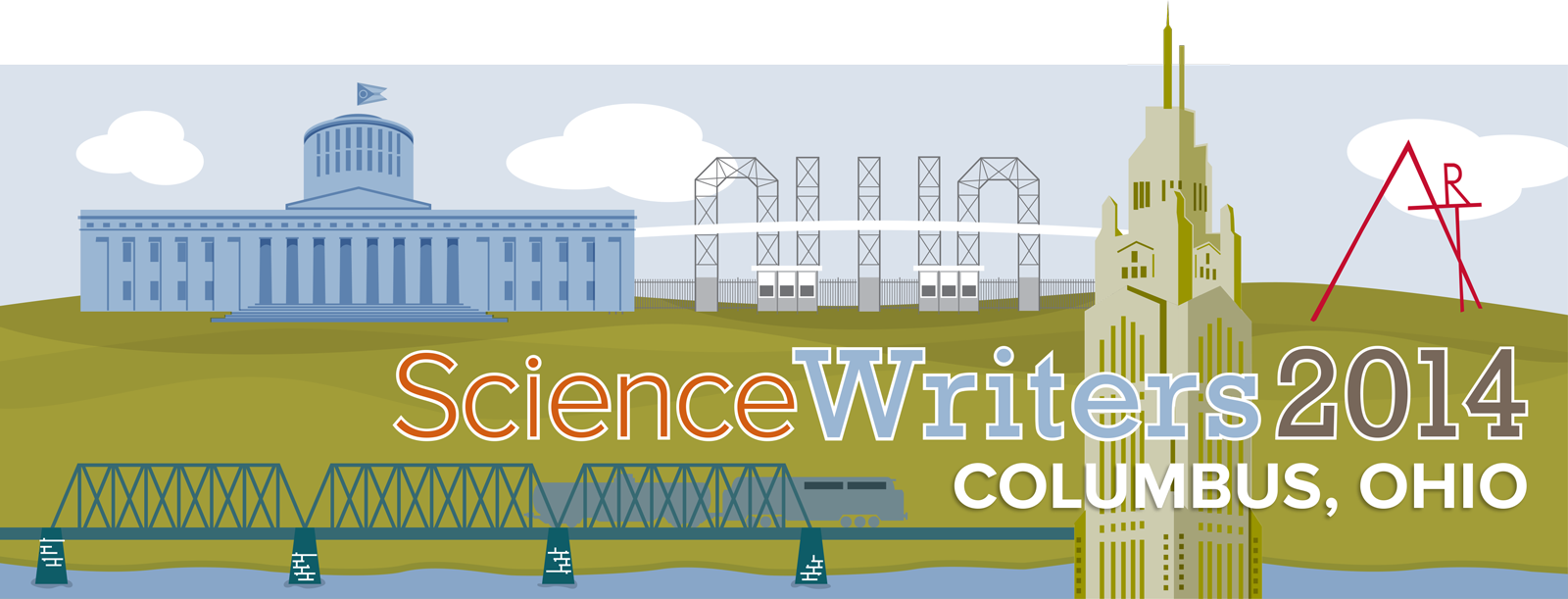
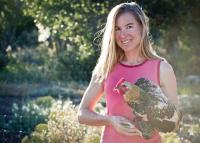
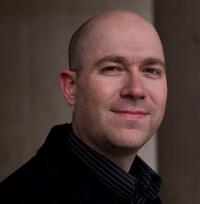
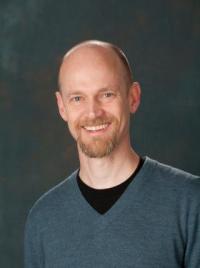
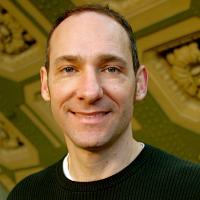
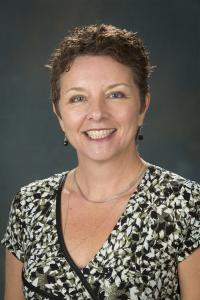
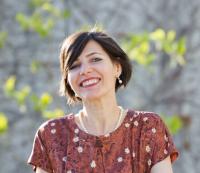
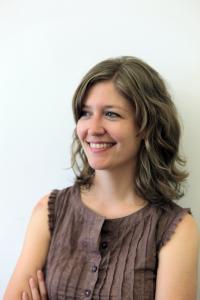
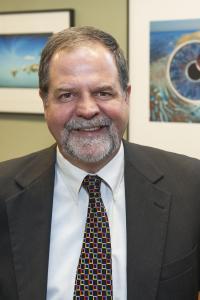
62a7.jpg?itok=UkbWFe1o)



